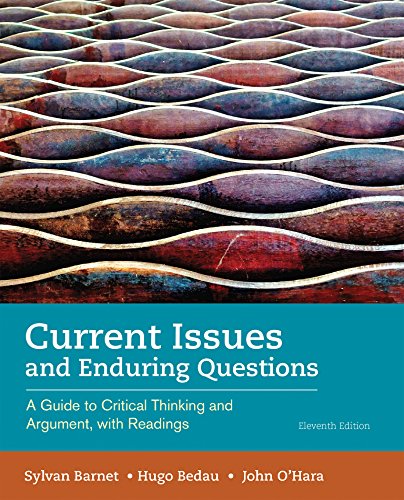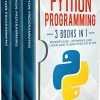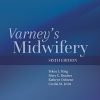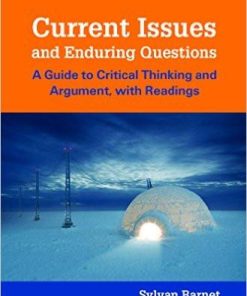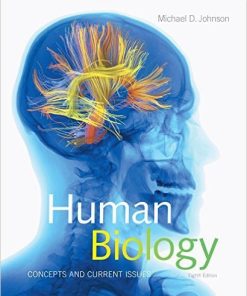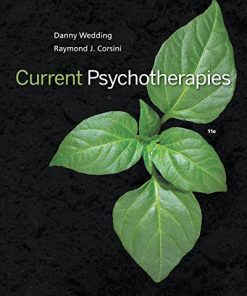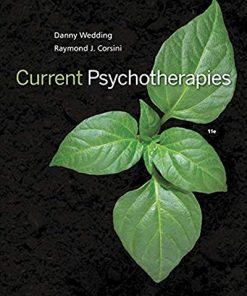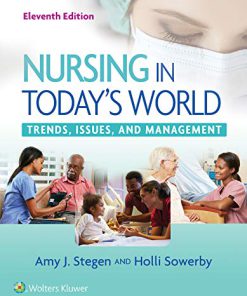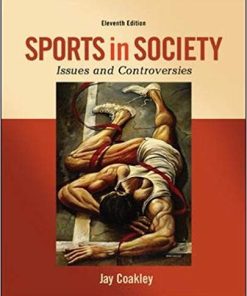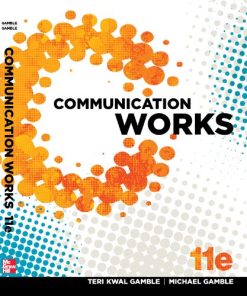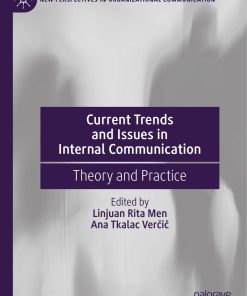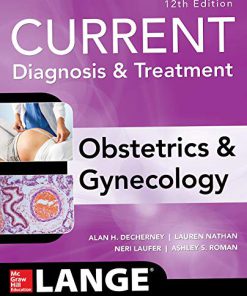Current Issues and Enduring Questions 11th Edition, (Ebook PDF)
$50.00 Original price was: $50.00.$25.00Current price is: $25.00.
Current Issues and Enduring Questions 11th Edition, (Ebook PDF) – Digital Instant Dowload.
Current Issues and Enduring Questions 11th Edition, (Ebook PDF) – Digital Instant Dowload.
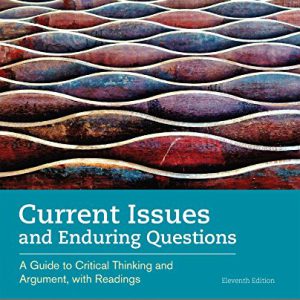
Product details:
- ISBN-10 : 1319035477
- ISBN-13 : 978-1319035471
- Author: Sylvan Barnet, Hugo Bedau, John O’Hara
Learn the rigorous critical thinking skills you need toto make solid arguments and write persuasively as Current Issues and Enduring Questions presents the necessary tools for writing with logic and elegance.
Table contents:
Part One Critical Thinking and Reading
Chapter 1 Critical Thinking
Chapter 2 Critical Reading: Getting Started
Chapter 3 Critical Reading: Getting Deeper into Arguments
Chapter 4 Visual Rhetoric: Thinking about Images as Arguments
Part Two Critical Writing
Chapter 5 Writing an Analysis of an Argument
Chapter 6 Developing an Argument of Your Own
Chapter 7 Using Sources
Part Three Further Views on Argument
Chapter 8 A Philosopher’s View: The Toulmin Model
Chapter 9 A Logician’s View: Deduction, Induction, and Fallacies
Chapter 10 A Psychologist’s View: Rogerian Argument
Chapter 11 A Literary Critic’s View: Arguing about Literature
Chapter 12 A Debater’s View: Oral Presentations and Debate
Chapter 13 Student Loans: Should Some Indebtedness Be Forgiven?
Chapter 14 Are Algorithms Biased (Or Are We)?
Chapter 15 (Un)safe Spaces: Can We Tolerate Intolerant Speech on Campus?
Chapter 16 The Current State of Childhood: Is “Helicopter Parenting” the “Problem” with
Chapter 17 Genetic Modification of Human Beings: Is It Acceptable?
Chapter 18 Military Service: Should It Be Required?
Part Five Current Issues: Casebooks
Chapter 19 A College Education: What Is Its Purpose?
Chapter 20 Race and Criminal Justice: Is the System Broken?
Chapter 21 The Ethics of Appropriation: Is It OK to Copy?
Chapter 22 Online versus IRL: How Has Social Networking Changed How We Relate to One Another?
Chapter 23 Immigration: What Is to Be Done?
Chapter 24 #MeToo: (How) Has Society Changed for Women?
Chapter 25 American Democracy: Is the Nation in Danger?
Part Six Enduring Questions: Essays, Poems, and Stories
Chapter 26 What Is the Ideal Society?
Chapter 27 How and Why Do We Construct the “Other”?
Chapter 28 What Is Happiness?
You may also like…
Medicine & Health Science
Psychology - Psychotherapy
Medicine & Health Science
Nursing in Today’s World: Trends, Issues, and Management 11th Edition, (Ebook PDF)
Business & Economics - Management & Leadership


